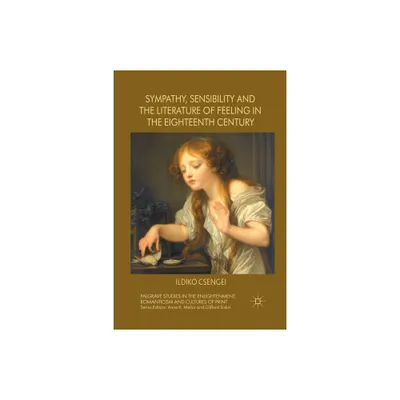Home
Scepticism the Eighteenth Century: Enlightenment, Lumi�res, Aufkl�rung
Loading Inventory...
Barnes and Noble
Scepticism the Eighteenth Century: Enlightenment, Lumi�res, Aufkl�rung
Current price: $109.99


Barnes and Noble
Scepticism the Eighteenth Century: Enlightenment, Lumi�res, Aufkl�rung
Current price: $109.99
Loading Inventory...
Size: Hardcover
*Product Information may vary - to confirm product availability, pricing, and additional information please contact Barnes and Noble
The Age of Enlightenment has often been portrayed as a dogmatic period on account of the veritable worship of reason and progress that characterized Eighteenth Century thinkers. Even today the philosophes are considered to have been completely dominated in their thinking by an optimism that leads to dogmatism and ultimately rationalism. However, on closer inspection, such a conception seems untenable, not only after careful study of the impact of scepticism on numerous intellectual domains in the period, but also as a result of a better understanding of the character of the Enlightenment. As Giorgio Tonelli has rightly observed: “the Enlightenment was indeed the Age of Reason but one of the main tasks assigned to reason in that age was to set its own boundaries.” Thus, given the growing number of works devoted to the scepticism of Enlightenment thinkers, historians of philosophy have become increasingly aware of the role played by scepticism in the Eighteenth Century, even in those places once thought to be most given to dogmatism, especially Germany. Nevertheless, the deficiencies of current studies of Enlightenment scepticism are undeniable. In taking up this question in particular, the present volume, which is entirely devoted to the scepticism of the Enlightenment in both its historical and geographical dimensions, seeks to provide readers with a revaluation of the alleged decline of scepticism. At the same time it attempts to resituate the Pyrrhonian heritage within its larger context and to recapture the fundamental issues at stake. The aim is to construct an alternative conception of Enlightenment philosophy, by means of philosophical modernity itself, whose initial stages can be found herein.


















